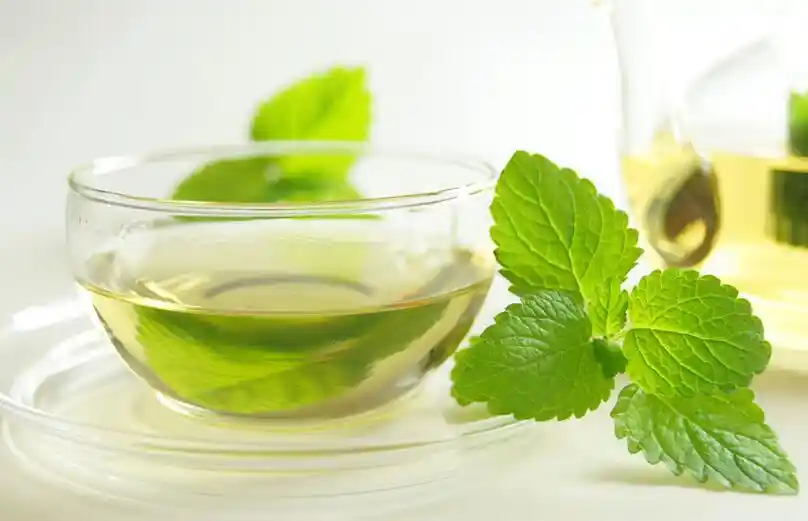Many people know that drinking tea is good for your health, but they may not be aware that tea also contains a variety of vitamins.
The vitamins in tea are divided into two categories: water solubility and liposolubility:
- Water solubility includes vitamin C and B vitamins;
- Liposolubility includes vitamin A and vitamin E.
Different types of tea have different vitamin content and types due to different processing techniques.

Green tea, being unfermented, retains a high level of vitamin C. Per 100 grams, green tea can contain 180-500 mg of vitamin C, a level higher than many vegetables.
White tea uses a natural withering process, which preserves vitamin B12 and carotene relatively well.
Although black tea undergoes a certain loss of vitamin C during the fermentation process, it still contains significant levels of B vitamins and vitamin E.
◆ These vitamins have numerous benefits for the human body.
- Tea contains five times more vitamin B2 than soybeans. Drinking moderate amounts of tea daily helps maintain normal retinal function and is especially beneficial for those who frequently use their eyes.
- Vitamin E and the tea polyphenols in tea both have antioxidant properties, and working together, they help the body eliminate free radicals.
However, it's important to note that the vitamin content in tea is limited. Adults need 75-150 mg of vitamin C daily, while a cup of tea only contains approximately 10-20 mg. Therefore, drinking tea should only be considered a dietary supplement.

To maximize the release of the vitamins in tea, the brewing method is crucial.
Vitamin C is sensitive to high temperatures. When brewing green tea, it's recommended to use water at 80-90°C. This will enhance the tea's aroma while minimizing vitamin C loss.
The ideal time to steep tea is 3-5 minutes. Longer soaking times can lead to oxidation and decomposition of the vitamin C. Furthermore, repeated brewing can significantly reduce vitamin content, so it's generally recommended to change tea leaves after two or three brewings.
◆ The vitamin properties of different teas are also worth considering.
Although fermented teas like black tea and Liubao tea don't contain as much vitamin C as green tea, they produce compounds like theaflavins during the fermentation process. These compounds, synergistically with vitamin E, may have positive effects on cardiovascular health.
Carotene in white tea, a provitamin A, can be converted into retinol in the body, which can help improve night blindness and maintain skin health.

It's important to drink tea in moderation. Excessive consumption can negatively impact sleep and gastrointestinal function due to excessive caffeine intake.
Generally speaking, 3-5 cups of tea per day is a good amount to enjoy the tea's flavor while also providing a reasonable supply of vitamins.
With these details in mind, consider taking more care when brewing tea next time, so your tea can contribute to your health.

%20--%3e%3c!DOCTYPE%20svg%20PUBLIC%20'-//W3C//DTD%20SVG%201.1//EN'%20'http://www.w3.org/Graphics/SVG/1.1/DTD/svg11.dtd'%3e%3csvg%20version='1.1'%20id='图层_1'%20xmlns='http://www.w3.org/2000/svg'%20xmlns:xlink='http://www.w3.org/1999/xlink'%20x='0px'%20y='0px'%20width='256px'%20height='256px'%20viewBox='0%200%20256%20256'%20enable-background='new%200%200%20256%20256'%20xml:space='preserve'%3e%3cpath%20fill='%23FFFFFF'%20d='M194.597,24.009h35.292l-77.094,88.082l90.697,119.881h-71.021l-55.607-72.668L53.229,232.01H17.92%20l82.469-94.227L13.349,24.009h72.813l50.286,66.45l58.148-66.469V24.009z%20M182.217,210.889h19.566L75.538,44.014H54.583%20L182.217,210.889z'/%3e%3c/svg%3e)